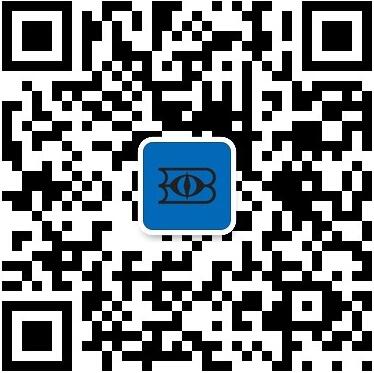【国外标准】 Standard Test Method for Distortion Temperature in Three-Point Bending by Thermomechanical Analysis
本网站 发布时间:
2024-02-28
开通会员免费在线看70000余条国内标准,赠送文本下载次数,单本最低仅合13.3元!还可享标准出版进度查询、定制跟踪推送、标准查新等超多特权!
查看详情>>
适用范围:
5.1 Data obtained by this test method shall not be used to predict the behavior of materials at elevated temperatures except in applications in which the conditions of time, temperature, method of loading, and stress are similar to those specified in the test.5.2 This standard is particularly suited for quality control and development work. The data are not intended for use in design or predicting endurance at elevated temperatures.1.1 This test method describes the determination of the temperature at which the specific modulus of a test specimen is realized by deflection in three-point bending. This temperature is identified as the distortion temperature. The distortion temperature is that temperature at which a test specimen of defined geometry deforms to a level of strain under applied stress of 0.455 MPa (66 psi) (Method A) and 1.82 MPa (264 psi) (Method B) equivalent to those used in Test Method D648. The test is applicable over the range of temperature from ambient to 300 °C.NOTE 1: This test method is intended to provide results similar to those of Test Method D648 but is performed on a thermomechanical analyzer using a smaller test specimen. Equivalence of results to those obtained by Test Method D648 has been demonstrated on a limited number of materials. The results of this test method shall be considered to be independent and unrelated to those of Test Method D648 unless the user demonstrates equivalence.1.2 The values stated in SI units are to be regarded as standard. No other units of measurement are included in this standard.1.3 This standard does not purport to address all of the safety concerns, if any, associated with its use. It is the responsibility of the user of this standard to establish appropriate safety, health, and environmental practices and determine the applicability of regulatory limitations prior to use.1.4 This international standard was developed in accordance with internationally recognized principles on standardization established in the Decision on Principles for the Development of International Standards, Guides and Recommendations issued by the World Trade Organization Technical Barriers to Trade (TBT) Committee.
标准号:
ASTM E2092-23
标准名称:
Standard Test Method for Distortion Temperature in Three-Point Bending by Thermomechanical Analysis
英文名称:
Standard Test Method for Distortion Temperature in Three-Point Bending by Thermomechanical Analysis标准状态:
Active-
发布日期:
-
实施日期:
出版语种:
- 推荐标准
- AS/NZS 1462.23:1997 Methods of test for plastics pipes and fittings Method for determination of ring flexibility
- AS/NZS 3350.2.23:2001/Amdt 2:2004 Safety of household and similar electrical appliances - Particular requirements for appliances for skin and hair care
- AS/NZS 3350.2.23:2001/Amdt 4:2008 Safety of household and similar electrical appliances Particular requirements for skin or hair care
- AS/NZS 4266.23:1996 Reconstituted wood-based panels - Methods of test Determination of resistance to steam
- AS/NZS 61558.2.23:2001 Safety of power transformers, power supply units and similar devices - Particular requirements for transformers for construction sites (IEC 61558-2-23:2000, MOD)
- AS/NZS 61558.2.23:2011 (IEC TEXT)/Amdt 1:2012 Safety of Power Transformers, Power Supplies, Reactors and combinations thereof Particular requirements and tests for transformers and power supply units for construction sites
- AS/NZS 61558.2.23:2011/Amdt 1:2012 Safety of Power Transformers, Power Supplies, Reactors and combinations thereof Particular requirements and tests for transformers and power supply units for construction sites
- ASTM 51026-23 Standard Practice for Using the Fricke Dosimetry System
- ASTM 52303-24 Standard Guide for Absorbed-Dose Mapping in Radiation Processing Facilities
- ASTM A1-00(2018) Standard Specification for Carbon Steel Tee Rails
- ASTM A1000/A1000M-17(2023) Standard Specification for Steel Wire, Carbon and Alloy Specialty Spring Quality
- ASTM A1001-18 Standard Specification for High-Strength Steel Castings in Heavy Sections
- ASTM A1002-16(2020) Standard Specification for Castings, Nickel-Aluminum Ordered Alloy
- ASTM A1004/A1004M-99(2018) Standard Practice for Establishing Conformance to the Minimum Expected Corrosion Characteristics of Metallic, Painted-Metallic, and Nonmetallic-Coated Steel Sheet Intended for Use as Cold Formed Framing Members
- ASTM A1009-18 Standard Specification for Soft Magnetic MnZn Ferrite Core Materials for Transformer and Inductor Applications
 购物车
购物车 400-168-0010
400-168-0010













